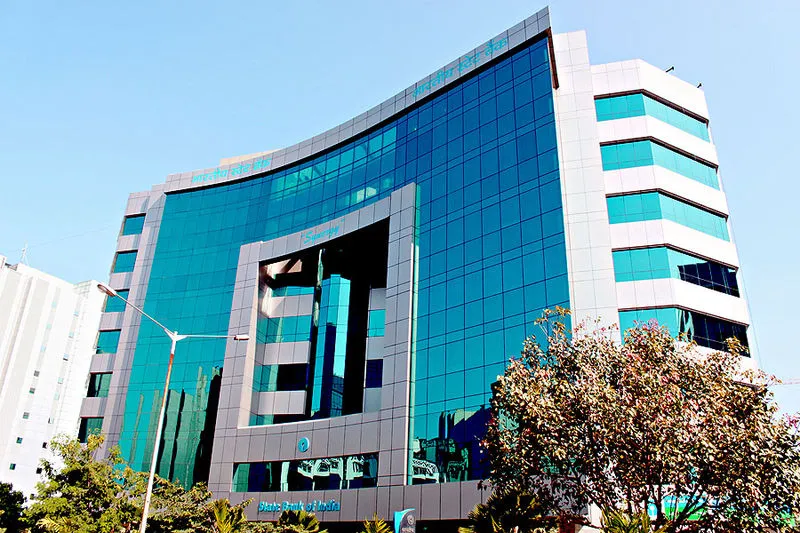
APAC banks grapple with rising risk as corporate debt swells
Lenders in India and Indonesia are most vulnerable to a deterioration in corporate debt repayment capacity.
Asia Pacific banks are facing increased risk from the high corporate leverage across the region, as trade tensions and slow economic growth weigh on the ability of corporates to pay back their debt, reported Moody’s Investment Service.
Banks in India and Indonesia are the most vulnerable, with India being noted for exhibiting the highest risk amongst the 13 economies studied in the report. "Our stress test – which assumes a 25% decline in EBITDA – shows banks in India and Indonesia are most prone to a deterioration in corporate debt repayment capacity, followed by banks in Singapore, Malaysia and China," said Rebeca Tan, Moody’s assistant vice president and analyst.
Also read: Singapore banks turn to corporates for loan boost as mortgages weaken
Total corporate debt across the 13 economies grew only 1% year over year in US dollar terms at the end of 2018 in what marks the slowest pace of debt growth since the global financial crisis. Yet, overall corporate leverage remains high relative to GDP in many of the region's economies.
"Corporate default rates in Asia Pacific have been low so far, helped by low interest rates and favorable financing conditions, but the intensifying trade and geopolitical tensions are weighing on the global economy and supply chains amid already slowing growth," Tan added.
Outstanding debt is heavily concentrated amongst corporates that hold debt more than four times EBITDA, raising the risk of rising defaults as operating conditions weaken, the report added.
But APAC banks have a fallback through strong buffers in the form of both loan loss reserves and capital, to withstand a sharp deterioration in asset quality.
Moody's stress scenario hypothesises that capital ratios would decline by 1 to 4 percentage points (ppt) in most economies, leaving banks with sufficient buffers.
Photo courtesy of Wikimedia Commons.




![Lorem Ipsum [ABF 1]](https://cmg-qa.s3.ap-southeast-1.amazonaws.com/s3fs-public/styles/exclusive_featured_article/public/2025-03/a_hand_pointing_to_a_futuristic_technology_5b87c9d0e3_1.png.webp?itok=2w0y1WhS)


![Cross Domain [Manu + SBR + ABF + ABR + FMCG + HBR + ]](https://cmg-qa.s3.ap-southeast-1.amazonaws.com/s3fs-public/styles/exclusive_featured_article/public/2025-01/earth-3537401_1920_4.jpg.webp?itok=WaRpTJwE)







 Advertise
Advertise

